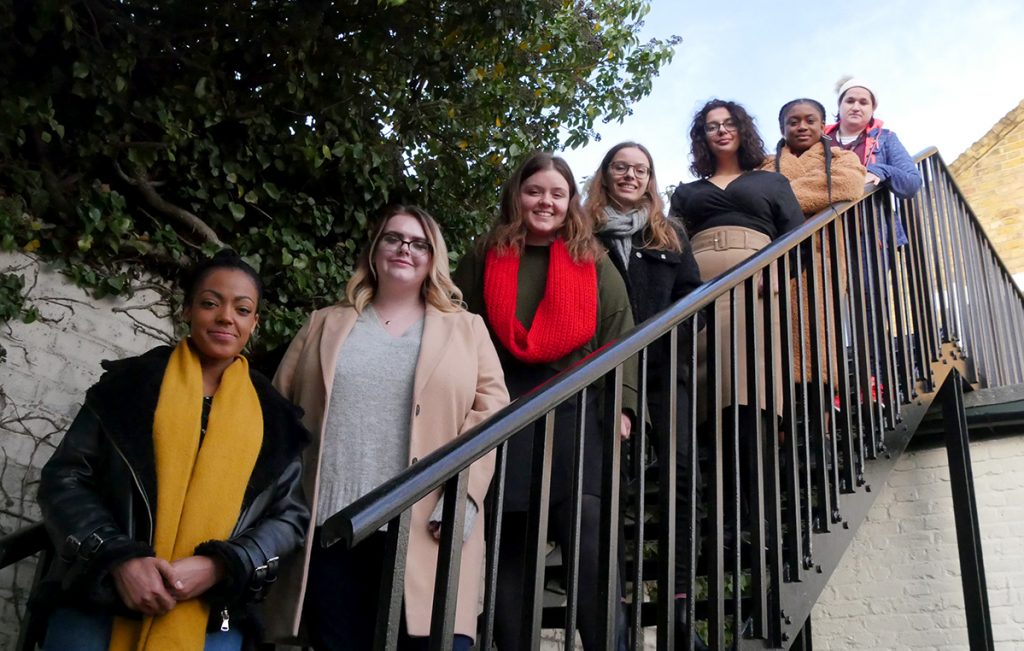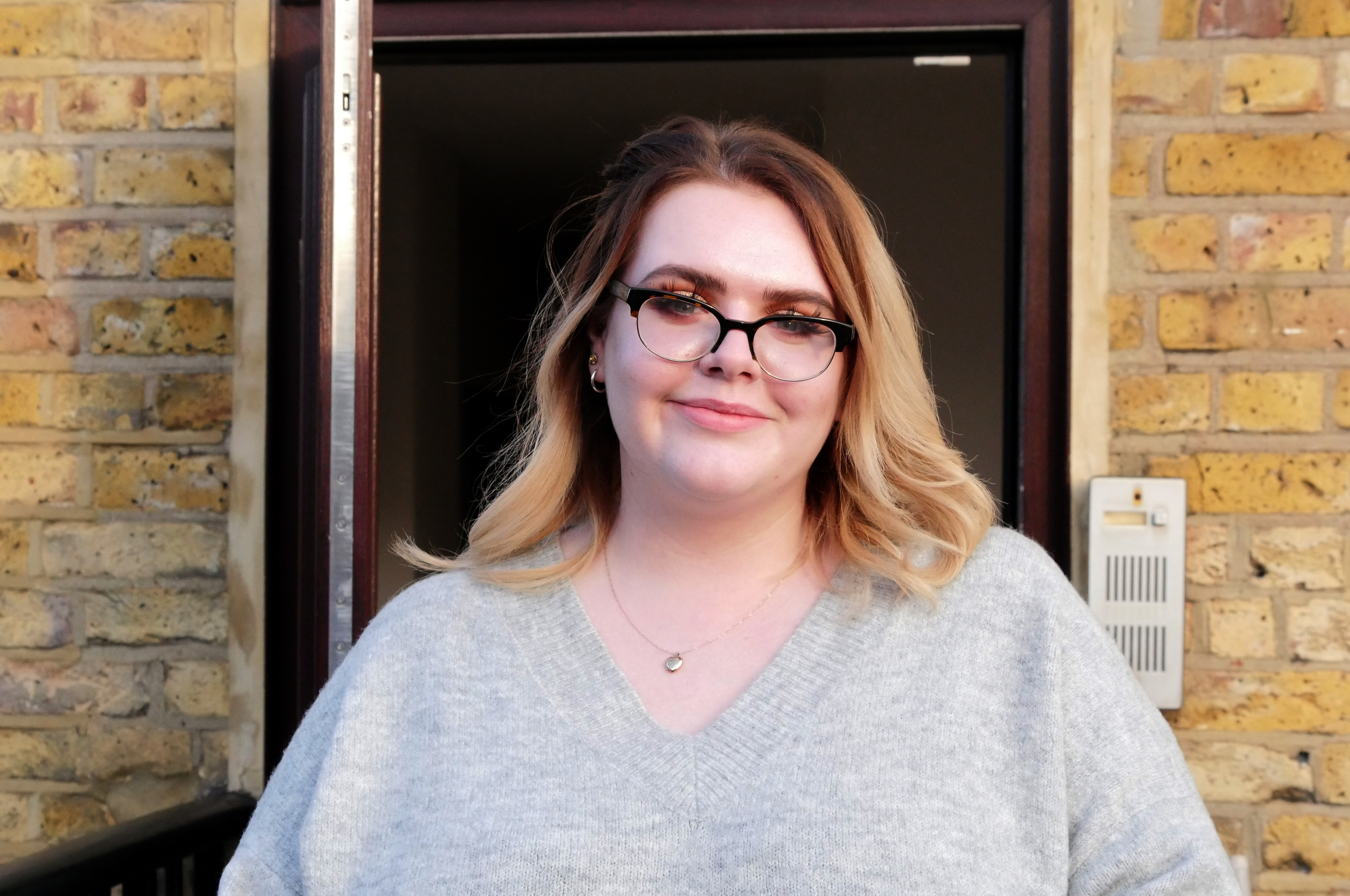“Does she self-harm?” the doctor asked Peter Keating. His daughter Siobhan, 12, who was sat by his side, felt “mortified” and “ashamed” by the question. Eight years later, she remembers the feeling like it was yesterday and campaigns to reform mental health services.
Siobhan had been diagnosed with anxiety and depression after the “complete breakdown” of her relationship with her mum in her early teenage years. She sought help through the Child and Adolescent Mental Health Services (CAMHS), but had to wait around 18 months to get a first appointment.
“[The doctor] could have asked my dad to leave the room to have that discussion with me privately first,” said the 20-year-old, from Liverpool. “It was horrible. It really was.”
Siobhan was eventually given counselling, but it was brought to an abrupt end when she missed a session due to tonsilitis. She said: “I literally couldn’t speak. But I wasn’t allowed back.”
Speaking to EachOther on a cold Saturday morning outside the south London office of young people’s charity Youth Access, her bubbly personality and confidence indicate her struggles are now behind her.
“I know when to ask for help and when to step back from everything,” she said. “I know I don’t have to stay stuck on a waiting list.”
The turning point came when she discovered the Young Person’s Advisory Service, a charity based in Liverpool where she found a counsellor who truly understood her needs.
Government figures indicate that as many as two in three young people are going without the mental health care that they need, pointing to what some have described as a ‘crisis’.
Siobhan is among a team of 16 to 25-year-old campaigners working with charity Youth Access to reform mental health services, so that they better serve young people based on their human rights.
The UK has ratified several human rights covenants which oblige it to pursue “the highest attainable standard of health” for its citizens – including mental health – according to a set of principles based on equality and dignity.
Mental health service provision also touches on a number of young people’s other rights, such as privacy and being heard and taken seriously.
The team, known as the “steering group”, is driving the national strategy behind a campaign calling on decision makers to pledge to adopt a rights-based approach to mental health care.
They are supported in delivering this strategy by staff and expert freelancers at charity Youth Access and work with a team of young people across the country, known as “rights advocates”, who organise local actions and activities.

Youth Access steering group members: Sophie, Siobhan, Amber, Lucy, Chara-Santia, Rhianne and Katie.
The steering group came together this weekend to develop a training course for the network of rights advocates across the country who help drive the campaign.
In the last year the campaigners have attended party conferences across the country, held open mic poetry readings, and written letters to politicians to share their experiences of being failed by the current services and to demand change.
So what is the change the group demands? Well, they have five key asks:
- Age-appropriate care as they make the move into adulthood – not just services for children or older adults;
- Early identification and support – not long waiting lists or only getting help at crisis point;
- Support they can access in our communities – places we feel comfortable, not just in schools and hospitals.
- Clear options and decisions they understand – not just being told what we can and can’t access;
- A seat at the table in decisions about our own care as well as what the system looks like. Nothing about us without us.
Talking of what motivated her to join the campaign, Siobhan added: “My own past experience. I want to change that for other people.
“Loads of oppressed groups have come so far yet mental health is still such a taboo.”
Join young people taking a stand for #MyRightsMyMind, by signing the petition calling on decision-makers to take a rights-based approach to mental healthcare.







